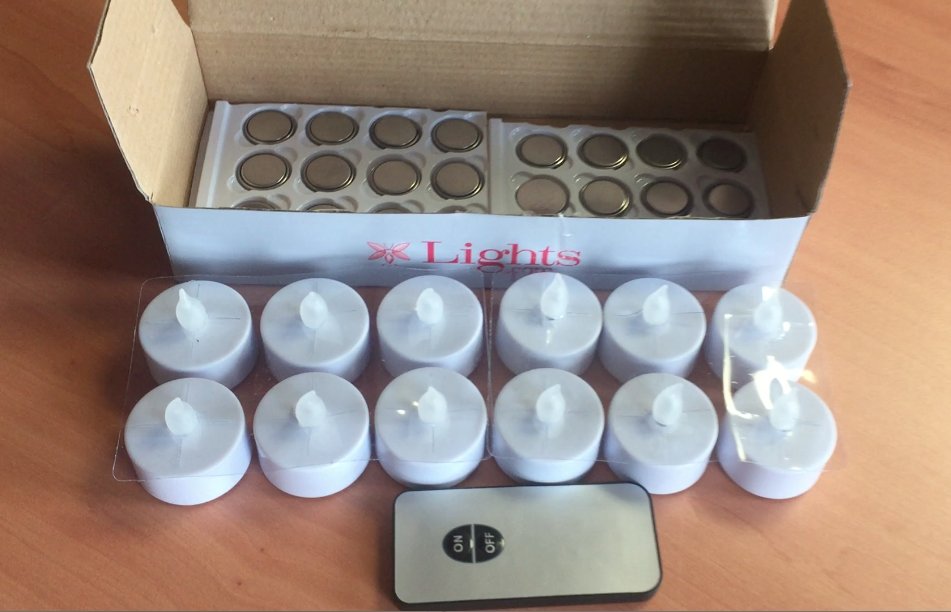Flameless candles, also known as tea candles, accounted for 14% of swallowed lithium coin cells (button batteries) over the past two years, according to data from the 24-hour National Battery Ingestion Hotline. Swallowed 20 mm diameter batteries have a higher voltage and cause devastating injury if they get stuck in the esophagus of a young child. In just 2 hours, that battery may burn through the child’s esophagus and the child may require feeding and breathing tubes for months or years, multiple surgeries, and may even die.
Just before the holidays, the National Capital Poison Center shopped for flameless candles, to try to determine why so many batteries from these candles were causing disastrous outcomes. One product purchased was so dangerous, the Center informed the U.S. Consumer Product Safety Commission and the distributor right away, urging immediate action to make the product safer.

Toby Litovitz, MD and Executive & Medical Director of the National Capital Poison Center: “In the package we received were 24 loose button batteries, 12 tea lights containing batteries, and a remote control. The batteries were completely loose, with no child-resistant packaging protection. The battery compartment of this flameless candle can also be opened easily by every child. It had no screw closure or secure child-resistant latch. A child could quickly access the candle’s 20-millimeter lithium button battery.”
Litovitz: “The holidays pose an increased risk for button battery incidents, especially for small children. Light-up decorations; singing, talking or flashing cards, books, and attire; flameless candles; new household electronics and their remote controls; games and toys; bathroom scales and key fobs are examples of the many products that contain 20 mm lithium button batteries. These larger lithium button batteries are especially likely to get stuck in a child’s throat and burn through the esophagus in as little as two hours.”
A few tips:
• Check all household devices to be certain the battery compartment is securely shut. Use strong tape to secure compartments that children can open or that might pop open if the device is dropped.
• Only purchase products that require a screwdriver or tool to open the battery compartment, or products that have the battery compartment secured with a child-resistant locking mechanism.
• Batteries should be treated like medicine and locked up and away from children.
• Call the National Battery Ingestion Hotline at 202-625-3333 (U.S.) for immediate and expert help if a battery is swallowed. Specially trained nurses and pharmacists are available 24/7 to assist at no charge.




GIPHY App Key not set. Please check settings